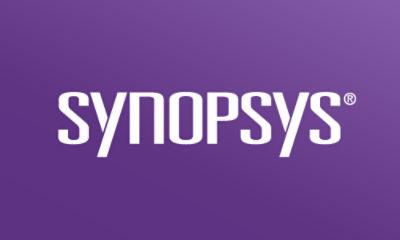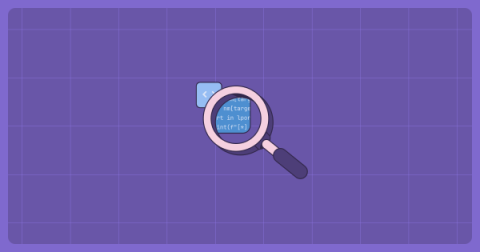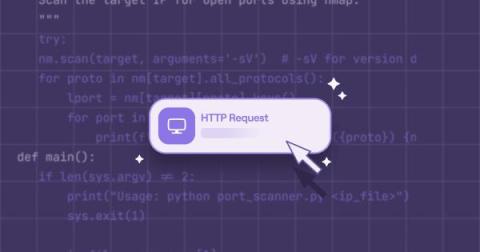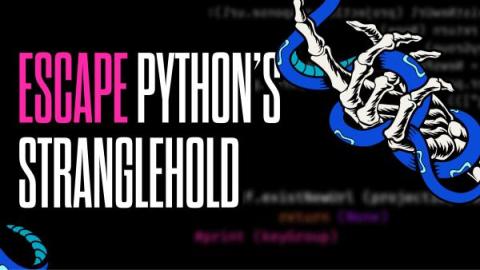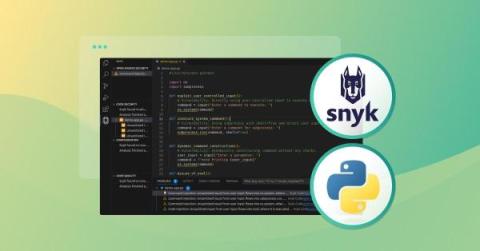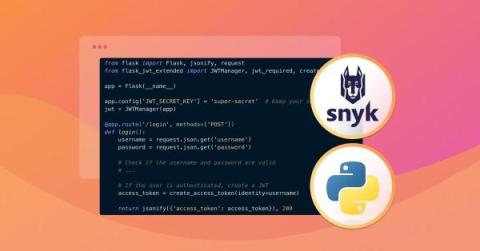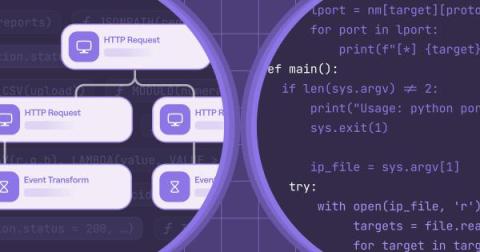Security | Threat Detection | Cyberattacks | DevSecOps | Compliance
Python
Six Python security best practices for developers
Store API keys and other secrets securely in python using env variables
Using Python in Tines: a quick how-to guide
While you can build nearly anything in Tines without writing code, users occasionally prefer to use Python scripts to perform a step in their stories. The reasons for this vary, but we're happy to share that there's a simple way to securely execute Python scripts in Tines. So let's take a closer look at how it works, and talk through some best practices for using Python in Tines.
From code to clicks: My journey from Python to Tines
We recently weighed in on the debate between full-code, low-code and no-code automation. In this post, developer and sales engineer Jesse Strivelli shares his perspective on using the native Tines builder to create automated workflows. I've been immersed in the world of programming for years, having pursued a computer science degree at university and accumulating extensive experience in the field, primarily with major Fortune 500 companies.
Mastering Python virtual environments: A complete guide to venv, Docker, and securing your code
Python, as a versatile and widely used programming language, has an extensive ecosystem of modules and packages. As you navigate this ecosystem, it's important to understand the role of virtual environments. In this article, we will delve into what virtual environments are, why developers need them, and some common tools for creating Python virtual environments.
Escape Python's Stranglehold With AWS CLI
Command injection in Python: examples and prevention
Despite Python's reputation for simplicity and versatility, ensuring the security of Python programs can be challenging if you or other team members neglect security best practices during development. Additionally, you’ll likely use libraries or other open source projects while building a Python application. However, these resources can introduce additional security issues that leave your program vulnerable to exploits such as command injection.
Top 3 security best practices for handling JWTs
In modern web development, JSON Web Tokens (JWTs) have become a popular method of securely transmitting information between parties. JWTs are used for authentication and authorization and are often used to store user information. However, with the increasing use of JWTs come potential security risks that developers need to be aware of. As a developer, you are responsible for ensuring that your application is secure and user data is protected.
Tines vs Python: Understanding alternative approaches to automation
We're sometimes asked, "Can you run Bash or Python scripts natively in Tines?" and today, we're sharing the answer, and weighing in on the debate between full-code, low-code and no-code automation. The short answer is yes, you can run scripts and linux commands natively in Tines, however, you might not necessarily want to. Many of our customers avoid doing so for security, usability and performance reasons. Let's take a closer look at some of these potential pitfalls.



